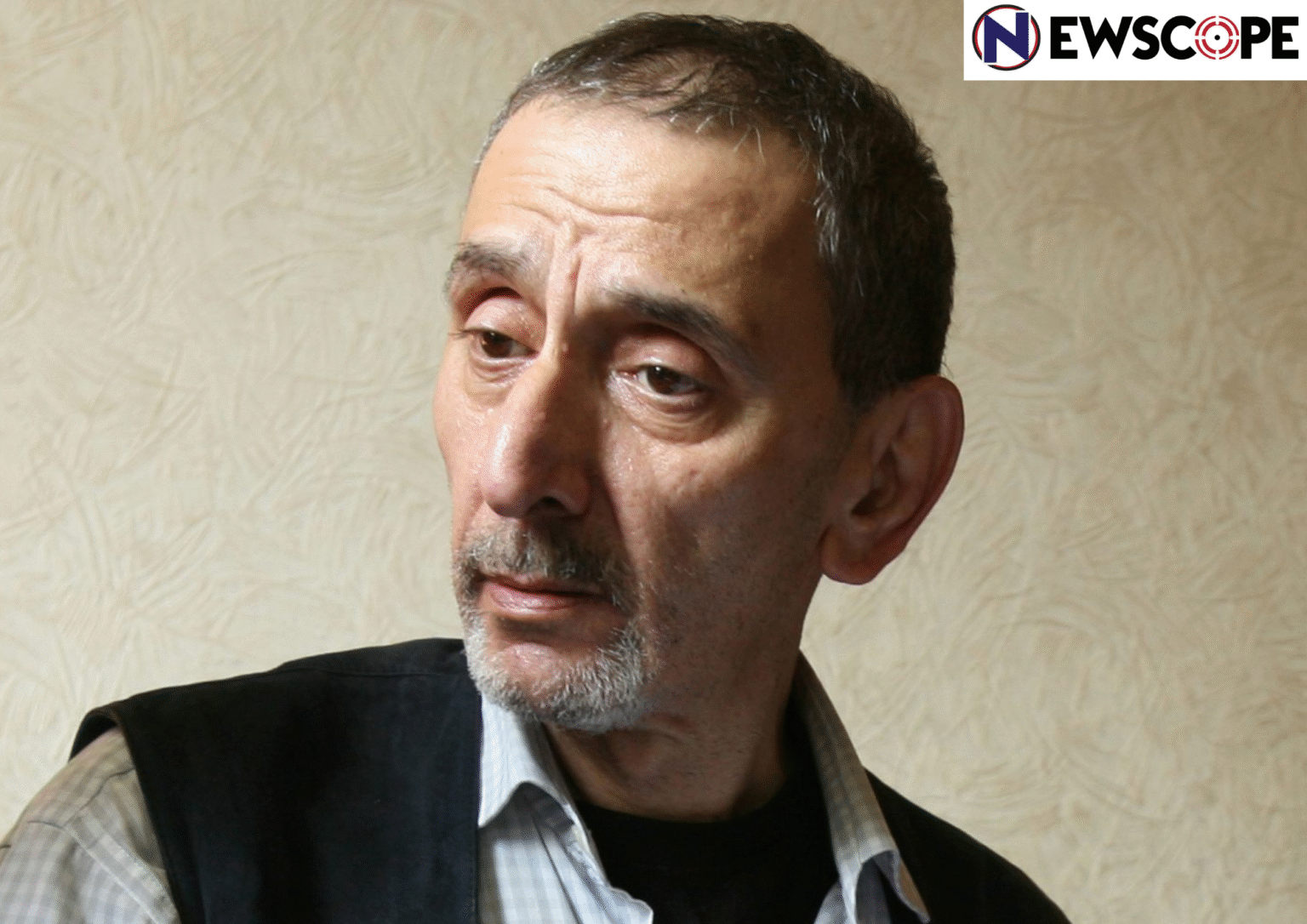Ziad Rahbani, one of Lebanon’s most important and outspoken artists, passed away on July 26, 2025, at the age of 69 in a Beirut hospital after a long illness. Known as a composer, playwright, pianist, and sharp political voice, his death marks the end of a powerful chapter in Lebanese culture.
Born in 1956 in Antelias, Lebanon, Ziad was the son of two music legends—singer Fairuz and composer Assi Rahbani. He showed his talent early, writing his first song for his mother at just 17. His work often mixed humor with hard truths about Lebanese society, war, and politics.
Ziad began his theatre career in 1974 with a play called Nazl el-Sourour (Happiness Hotel), which used dark comedy to explore the country’s growing tensions. Later, in Bennesbeh Labokra Chou? (What About Tomorrow?), he portrayed a post-war Lebanon full of sadness and absurdity, connecting deeply with ordinary people.
In music, Ziad created a style that mixed Arabic music with jazz, funk, and classical sounds. His songs, including “Kifak Inta” and “Bala Wala Chi,” were both musically rich and full of social criticism. He often used his songs to speak out against corruption and injustice, making him a favorite of Lebanon’s frustrated youth.
Though his views—he was openly atheist and communist—upset many conservatives, Ziad remained a powerful and honest voice. His mother, Fairuz, performed many of his songs, giving them even more reach. He also appeared in the 2003 film The Kite, showing his talent as an actor.
Lebanese leaders and artists paid tribute to him after his death. The President called him “a cultural phenomenon,” while the Prime Minister praised his honesty and creativity. Pop star Elissa said the country had lost a big part of its soul.
Ziad’s plays, songs, and bold opinions left a lasting mark on Lebanon. Even though he had stepped away from the public in recent years, his words and music still speak to the nation’s struggles and dreams.



